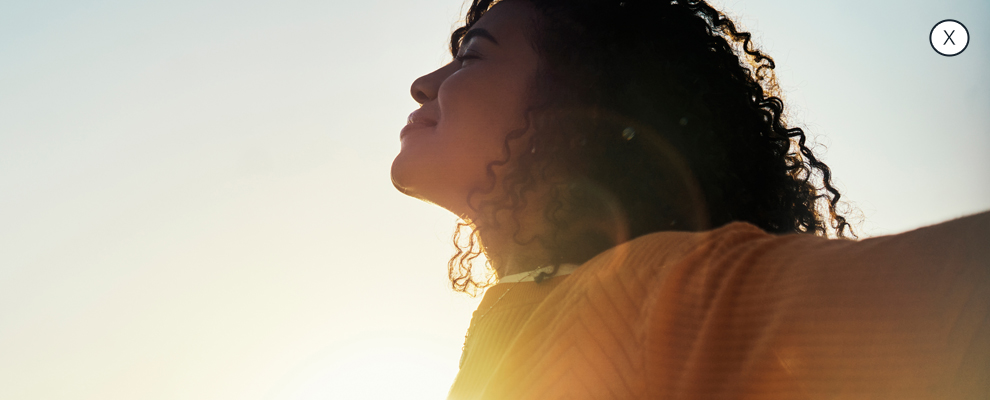‘There has never been a better opportunity to improve our skills’
All at BSY would like to send huge congratulations to Annie Manning, MASC (CBT)/NLP life coach and author, on completion of her Dementia Care course.
Like so many of us, Annie found her life and work affected by the COVID-19 pandemic – leaving her suddenly unable to work with her wonderful dementia clients.
Annie has studied courses with BSY over a number of years. Having recently enrolled onto the NCFE CACHE Level 2 and 3 Principles of Dementia Care courses, Annie decided to focus the time in which she would usually be helping clients on her studies instead.
Annie said: “In these unprecedented times there has never been a better opportunity to improve our skills and focus on our continual professional development.
“Speaking as a life coach and counsellor, having a structure to our day is vital and if we can enhance our skills for future use it makes perfect sense to do so.
“I have personally seen this enforced stay at home policy as a blessing and I know my clients will benefit from my dedication to my studies.”
As lockdown restrictions start to lift, Annie, who lives in St Albans, has already been able to put her new skills and knowledge into practice.
She explained: “I happily returned to some dementia client work having chosen one couple as my bubble and during discussions with the wife (carer) I can honestly say I was already able to call upon some of the focused learning and learning outcomes from this course.
“I would have no hesitation in recommending this course to others.”
In praising BSY’s staff and her personal tutor, Julia, Annie added: “Well done to the team going the extra mile with students to ensure we are supported during lockdown. Great service as I have enjoyed and come to expect over the past years.”
We are delighted to continue to support students like Annie in achieving their goals.










